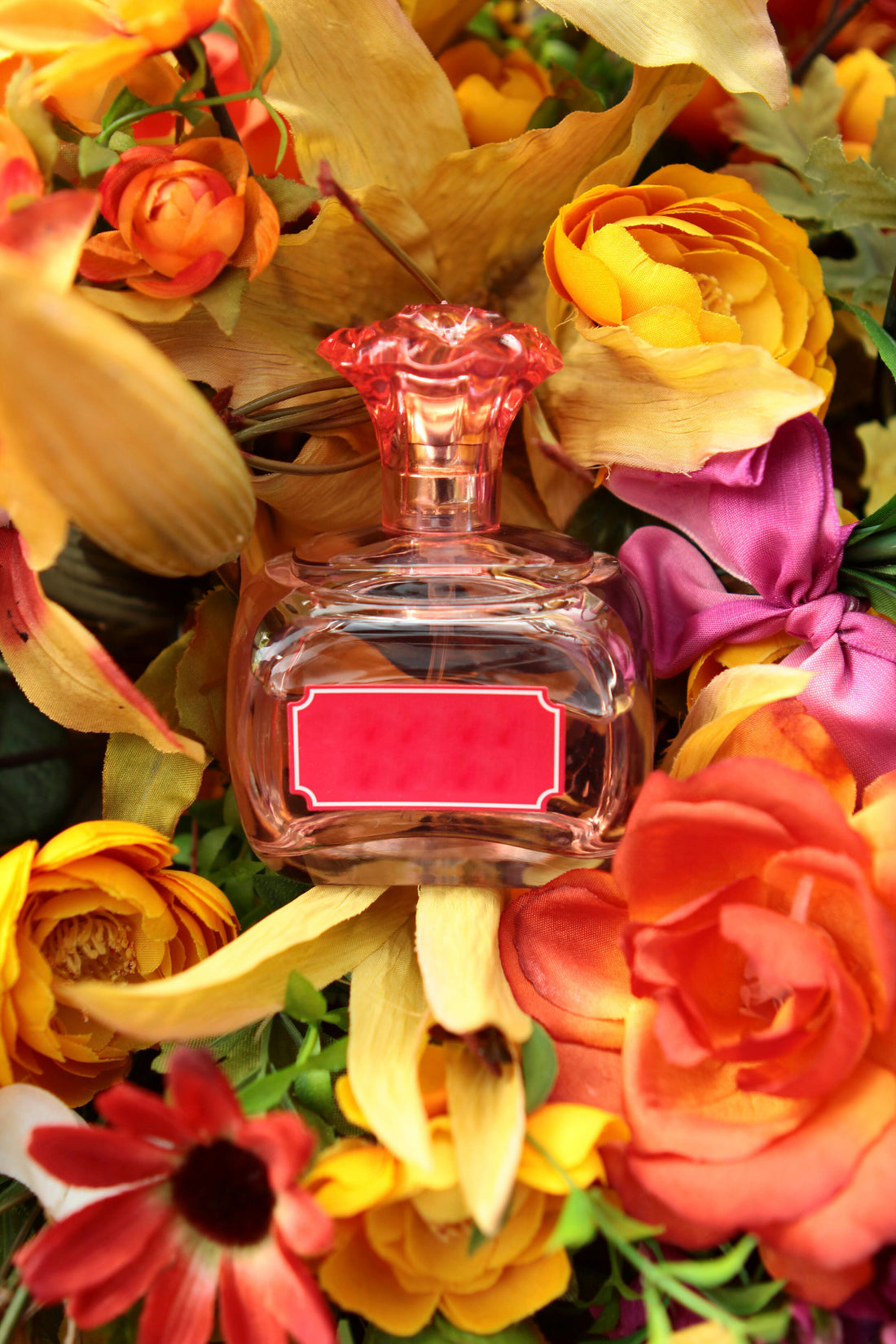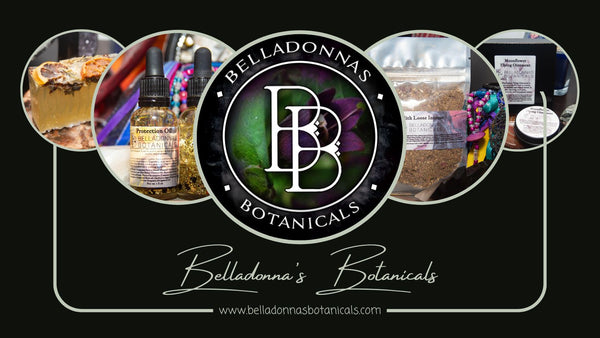There is a lot of internet chatter about essential oils versus fragrance oils as of late. I'm a certified aromatherapist and I primarily work with essential oils, but on occasion I do use fragrance oils. I use them sparingly and always in combination with essential oils because fragrance oils on their own have no therapeutic benefits. Primarily, I use them in soaps, bubble bath, and perfumes. So, what's the difference between essential oils and fragrance oils?
Essential oils are organic compounds extracted from plants that have therapeutic properties. They can be found in the plant’s flowers, stems, leaves, roots, grass, bark, resin, or fruit. The chemistry is extremely complex and may consist of hundreds of different and unique chemical compounds that influence the therapeutic benefits of each oil or blend.
Fragrance oils are a combination of natural and synthetic produced in a lab to mimic different aromas as some plants do not produce essential oil extracts even though they may be fragrant by nature. It is important if you do use fragrance oils to consider the purpose and be sure that the fragrance oils that you are using are phthalate free. Phthalates are industrial chemicals that are used as solvents in cosmetics and other products. They can damage the liver, kidneys, lungs, and reproductive system in animals as well as humans. Read more about the impact of Phthalates on human health with links to other research on the CDC's website.
Both essential oils and fragrance oils are generally safe for the skin -- though it is always recommended to research possible skin sensitivities such as photosensitivity (risk of adverse reaction of some essential oils combined with sun exposure or UV rays from a tanning bed) with essential oils and always adhere to proper dilution ratios. There are also specific calculators available to measure how much fragrance oil to use by volume.
The ingredients of fragrance oils (aromatic chemicals, essential oils, and essential oil chemical components) are all tested and have usage rates outlined by IFRA (International Fragrance Association). Aromatic chemicals are comprised of synthetic and natural ingredients that are produced through distillation, synthesis, and extraction. They may even have the same chemical compounds found in nature. An essential oil compound may be an isolated aromatic chemical such as limonene.
Each fragrance oil ingredient is tested by the RIFM (Research Institute for Fragrance Materials). They test for irritation, solvency, absorption, flash point, specific gravity, flammability as well for carcinogens and other factors that may deem them unsafe for use. Fragrance oil suppliers should follow IFRA’s guidelines and use only RIFM approved ingredients in their fragrance oils. That said, not all manufacturers and suppliers may adhere to these stringent guidelines in the same manner that some suppliers boast to sell 100% pure essential oils, but sell diluted, adulterated, or synthetic substances and pass them off as 100% pure essential oils.
Properly tested fragrance oils can be perfectly safe for the skin while others may be specifically for use in things like potpourri or candles. Now, the question is, do I use or avoid fragrance oils? That is up to the individual. As I mentioned earlier, I use them sparingly in certain formulations. I particularly like to use them in place of skin sensitizing essential oils such as cinnamon bark and clove. I love their aroma, but they are too caustic for the skin. If you are looking for 100% all natural products then you probably want to avoid using fragrance oils altogether.

